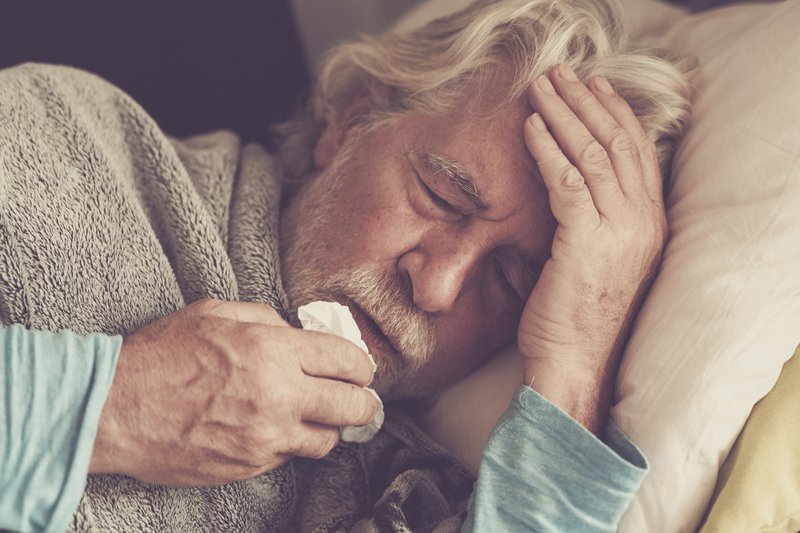12 Interesting facts about pneumonia
Updated | By Poelano Malema
This World Pneumonia Day, we look at the facts about the health issue, including its symptoms, types, and treatment.

The World Health Organisation has declared 12 November as World Pneumonia Day.
The day is aimed at raising awareness about pneumonia, promoting prevention and treatment.
This is what you need to know about the disease:
- Pneumonia is the single largest infectious cause of death in children worldwide, according to the World Health Organisation.
READ: Baby Jayden died from pneumonia: KZN police
- It is a lung infection that can range from mild to severe and it is characterised by inflammation of the airspaces in the lungs.
- You can get pneumonia in one or both lungs.
- Smoking cigarettes, taking drugs, and drinking too much alcohol can also raise your chances of getting pneumonia.
- According to an article by the University of Cape Town, pneumonia is a leading cause of hospitalisation and death in children and adults in South Africa.
- Pneumonia is caused by bacteria, viruses, and fungi.
- Those who regularly breathe in air pollution or toxic fumes are at a higher risk of contracting pneumonia.
- Age (children under 5 and adults above 65), environment, lifestyle habits, and other medical conditions can put you at a higher risk of getting pneumonia.
- There are different types of pneumonia: walking, viral, chemical, lobar, lipoid, bacterial, and mycoplasma.
- Symptoms of pneumonia include cough, chest pain when breathing or coughing, laboured breathing or shortness of breath, coughing up phlegm, fever, chills, and fatigue.
- According to clevelandclinic.org, pneumonia caused by bacteria or viruses can be infectious.
- Pneumonia is treated using antibiotics, cough medicine, and fever reducers.
READ: Presidential hopeful, Hillary Clinton diagnosed with pneumonia
Disclaimer: Health-related information provided in this article is not a substitute for medical advice and should not be used to diagnose or treat health problems. It is always advisable to consult with your doctor on any health-related issues.
Image courtesy of iStock/ @ simonapilolla
Show's Stories
-
Temu’s got a local warehouse in SA
Temu has just launched its first warehouse in South Africa! Here’s what ...
East Coast Breakfast 19 hours ago -
Green ID book production to be discontinued in SA
The Department of Home Affairs is planning to phase out the green ID boo...
Stacey & J Sbu 22 hours ago